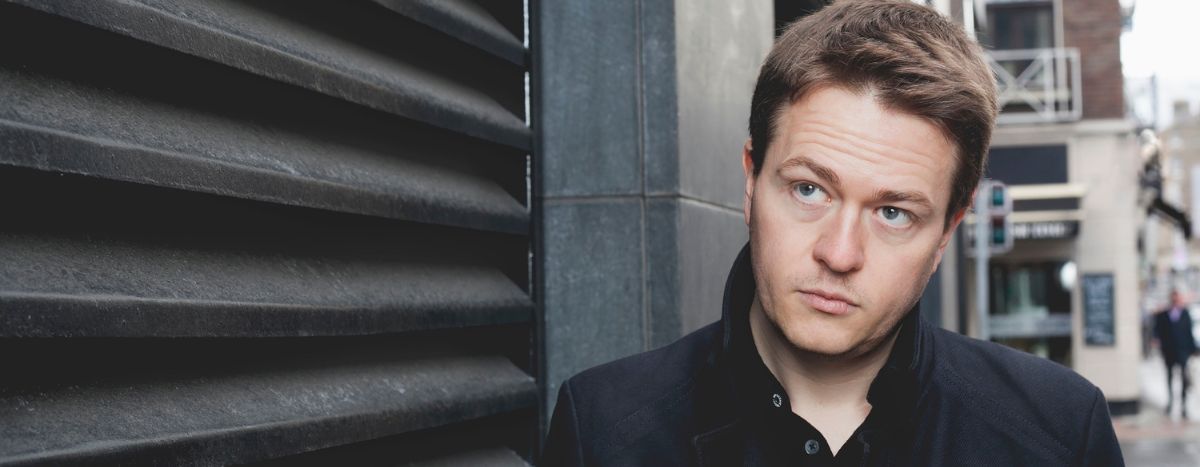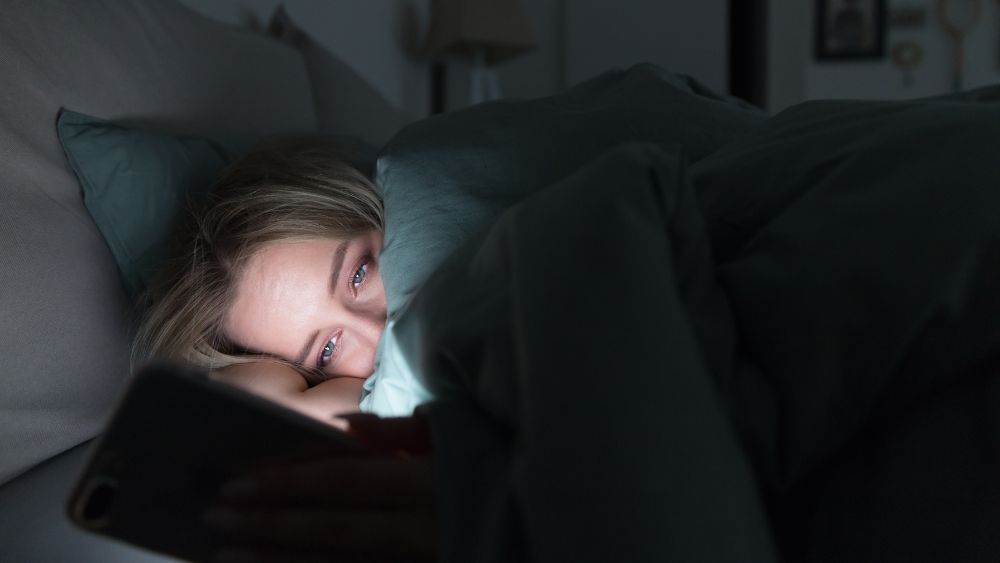We just have so many choices, all the gadgets, the screens, the apps - we are being pulled in so many different directions it’s hard to focus on any of them. We are also being sold to by advertisers from all corners of the internet, it's no wonder we feel almost constantly overwhelmed. This of course also effects our ability to connect with each other. We’re exhausted, distracted, disconnected and I would hazard a guess that I’m not the only one who feels guilty about this on a daily basis - I feel like I’m chasing my tail from the moment I wake up. But what can we do about it? Is that just the world we live in now? Do we all need to retire to our caves and become hermits? There has to be a way to feel better about this and still function meaningfully in the world - in our lives, professions, with our friends and of course our families. Someone recommended this book to me earlier in the year and it really explains why this is happening and why we feel like this, and the good news is, it's not entirely our fault.
So how do we resist distraction and more importantly, how can we get our attention back? This week WellBeings talks to multiple New York Times bestselling author, Johann Hari. He's been interviewed by every major media outlet in the world for this book and he can claim two of the most watched TED Talks of all time, but more than anything this really is a personal story for Johann. We look at the forces robbing us of our attention, how he personally came to terms with the attention-crisis we’re currently experiencing, and how we can reclaim our mind and most importantly our lives.
If you enjoyed this conversation, you will love Johann’s new book Stolen Focus: Why You Can’t Pay Attention—and How to Think Deeply Again. These are 5 of the things we learnt from reading this phenomenal book.
1. Your attention didn’t collapse – it was stolen
We talk about the obesity crisis or the climate crisis but we are now living in a crisis of attention. Most of us put the blame squarely on ourselves, as Johann points out “We say to ourselves, you’re weak, you’re lazy, your willpower isn’t strong enough.” Johann then spent 3 years travelling the world, speaking with over 200 leading experts and what he found was that we haven't become weak, we’ve been hacked. Stolen Focus looks at the forces at play and how we can fight back.
2. If you spend 3 hours on your phone each day, you are losing so much more than that in stolen focus
The science shows that your brain can really only produce one or two thoughts at a time but the average young person believes they can follow 6 or 7 forms of media simultaneously. Your brain is actually switching back and forth, toggling between each task, and you are a lot slower as a result. But it gets worse, if you are focusing on a task and you get interrupted it takes, on average, a whopping 23 minutes to get back to the same level of focus.
3. COVID is to blame for making us what is called “hypervigilant,” which is in turn hurting our ability to focus.
Johann explains, “imagine one day, you are attacked by a bear, and you survive. In the weeks and months that follow, your attention will shift, involuntarily. It will move from focusing on the things in front of you—like your emails, or what to cook for dinner to scanning for danger around you. You will find it harder to focus on more everyday concerns because you are primed to spot unexpected threats”.
The problem is that studies have shown that Deep Focus is something we can only really do when we feel safe, so no one should blame themselves for feeling so overwhelmed when it comes to trying to focus during the pandemic.
4. The way we eat is affecting our attention
Sadly in the western world, we eat an unprecedented amount of processed food and it effects our ability to focus in 3 main ways. Firstly, our diet causes huge energy spikes and then crashes. Secondly our diet can deprive us of some really important nutrients that we need for brain health and finally a lot of our foods contain chemicals that make us act up, for example in the sweets we give to our kids.
5. How do we get out of this crisis?
There are two ways we can help ourselves get out of this crisis. Firstly, as individuals we need to look at the forces invading our attention and make changes in our own lives. More than that though, we have to think bigger as Johann explains “It is as though we are all being covered with itching powder, and the person pouring the itching powder on us is saying, you might want to learn to meditate. Then you wouldn’t scratch so much.” We need to band together as a community and take on the forces with the itching powder. We need to start an attention movement to reclaim our brains.

Through conversations with some of the world’s most famous faces in the field, WellBeings explored the ‘science of feeling good’. Through a series of Podcasts and articles, we learned together the simple practices that can help us all thrive, backed 100% by science.







